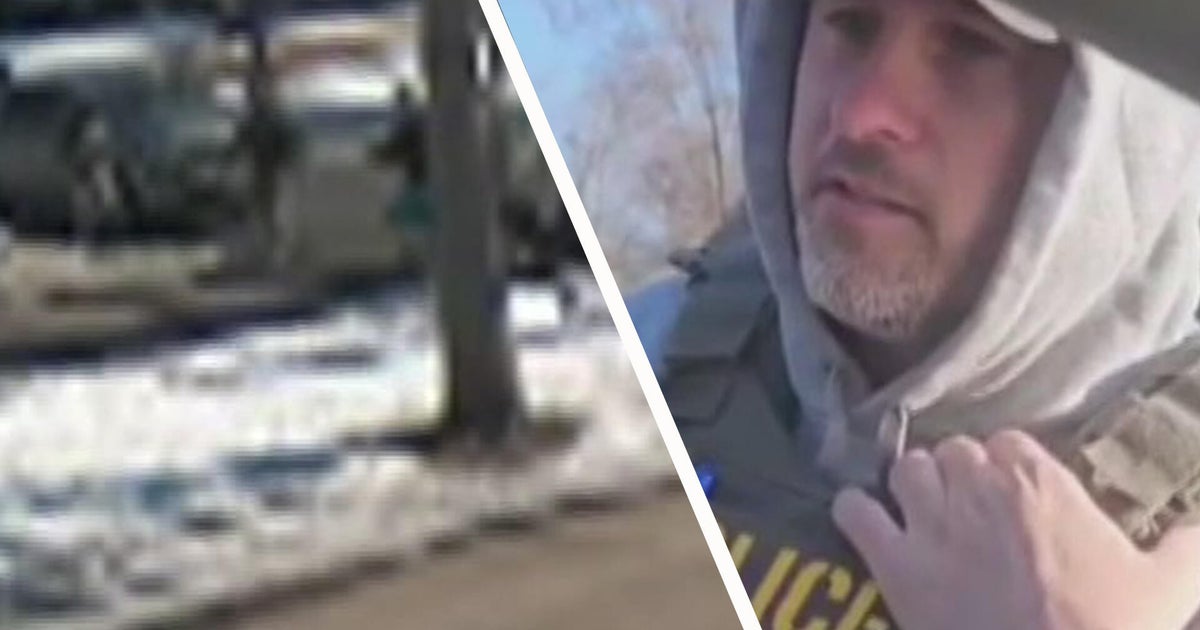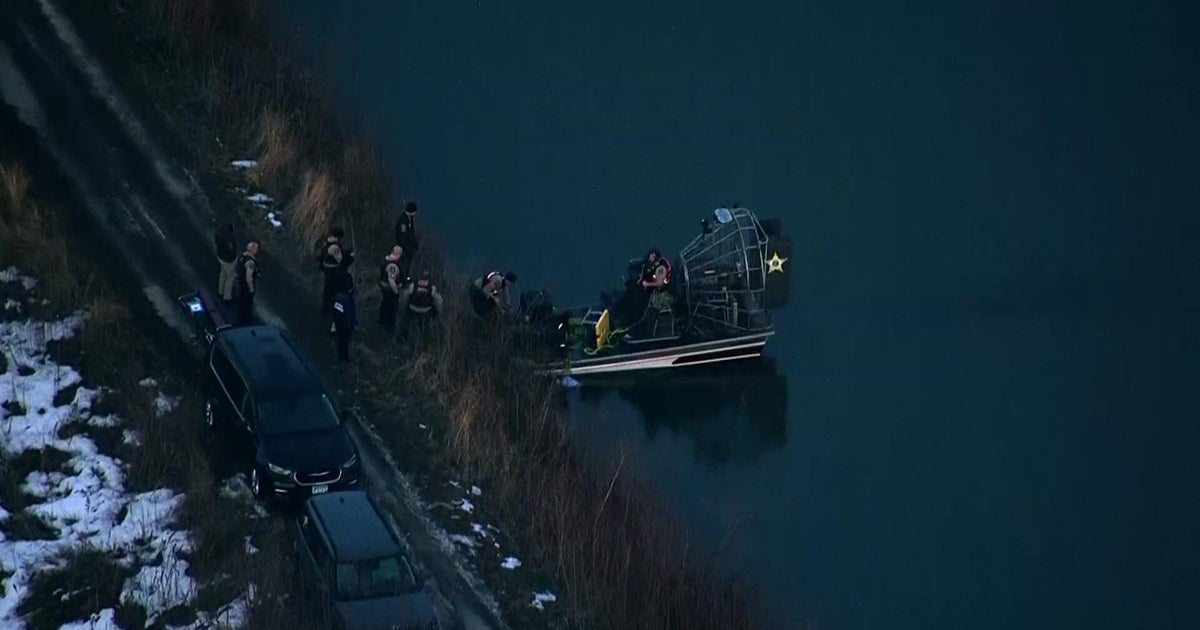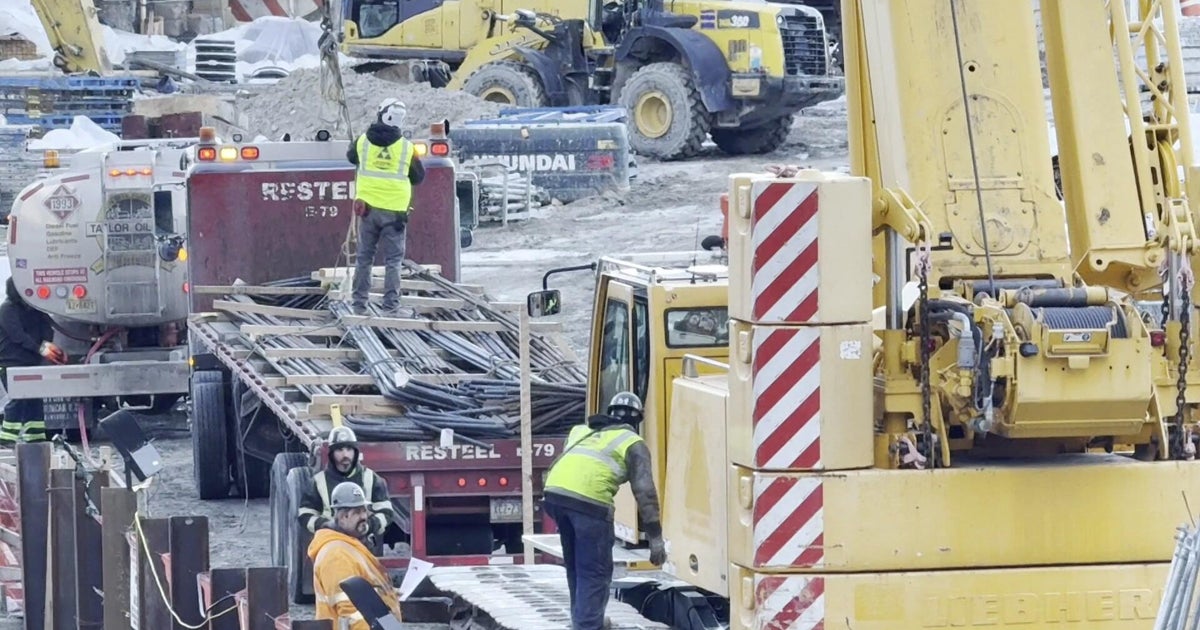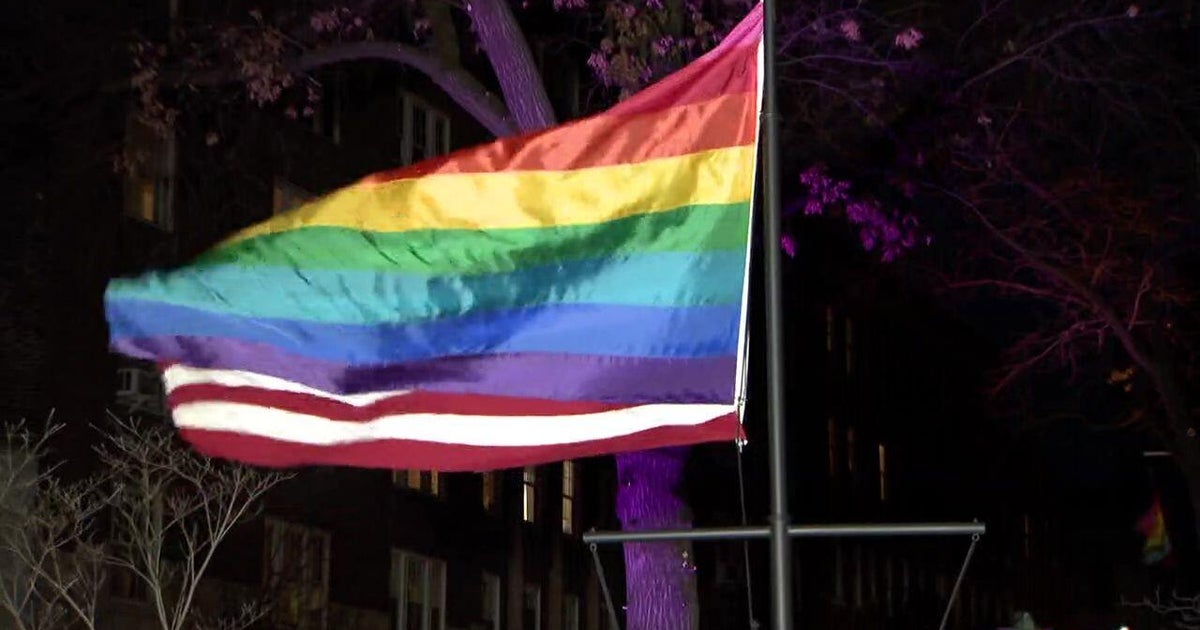For Minnesota Somali Community, 2016 Election Brings Apprehension, Hope
MINNEAPOLIS (WCCO) -- Throughout the 2016 Election, Donald Trump was not shy in expressing his views on refugees -- and he specifically called out Somali refugees in Minnesota.
"Here in Minnesota, you've seen firsthand the problems caused with faulty refugee vetting, with large numbers of Somali refugees coming into your state without your knowledge, without your support or approval, and with some of them then joining ISIS and spreading their extremist views all over our country and all over the world," Trump said at a late-election rally in Minneapolis, to boos from the crowd.
"A Trump administration would not admit any refugees without the support of the local community where they are being placed. It's the least they can do for you. You've suffered enough in Minnesota," Trump added, as the crowd cheered.
His comments in Minneapolis, and many others throughout the campaign, about local Somalis left the community angry, hurt and fearful about what's to come. Early in the presidential primaries, Trump anti-terrorism proposals included monitoring certain mosques and a national registry of Muslims in the U.S. He also advocated banning all Muslims from entering the U.S., but later moderated that position to only focus on certain countries where immigrants "could not be thoroughly vetted."
Some local leaders, however, say they're cautiously optimistic about the incoming Trump administration, but call for the president-elect to reach out to their communities to help soothe raw emotions from the 2016 election.
"Because of his rhetoric, which has not been kind to my community, the community has basically taken it that he may mean harm to them," local activist Mohamed Amin said.
Amin spends most of his time outside of his job as a gas station attendant encouraging young Muslim kids in Minnesota to think critically about extremist messages they may be hearing or seeing online. His main platform is an online cartoon called "Average Mohamed" that's intended to counter and satirize the flashy recruitment videos that terrorist organizations circulate on social media.
He says the president-elect can do a lot to curb the problem of homegrown extremism, but it will require trust.
"One message I took from Donald Trump is, he said we're going to fight this war smart," Amin said. "The smartest way you can fight this war is by giving ownership of this problem of extremism back to the community, back to people like me, the clergy, the social activists that are in the community."
Jaylani Hussein, president of the Minnesota chapter of the Council on American-Islamic Relations (CAIR), hopes Trump may soften his rhetoric towards Muslims as he assumes office.
"Some people are optimistic, cautiously optimistic, that the rhetoric since the election has changed a bit," Hussein said in an interview the week following the election. "There are people hopeful that he will no longer continue his stance against immigrant communities, minorities and predominantly Muslim community, as well as the Somali-American community."
Rise In Hate
Despite that cautious optimism, there was a spike in reported hate incidents following the election.
According to data from the Southern Poverty Law Center, 34 such incidents were reported in Minnesota less than a month after voters cast their ballots. The group says all reports were of real-world harassment, not online harassment, and incidents were not counted if they were proved to be fake by authorities.
One of those incidents was at Maple Grove High School, where a bathroom was vandalized with racial slurs alongside "Trump" and "Make America Great Again."
"I went in and looked on the bathroom door and honestly was in shock. That's the first time I honestly felt like crying at school," Junior Moses Karngbaye said.
That incident and others have local leaders like Hussein encouraging vigilance among the community, and beyond.
"We have to recognize that Islamophobia is not something that is happening in a vacuum. There is obviously an organized effort to create this fear and to create a wedge in the community," Hussein said. "So, we recognize the only way we can challenge Islamophobia is when everyone plays a role in increasing dialogue in the Muslim community, and the greater community as well to challenge hate and bigotry regardless of who's being attacked. I think it's critical that everyone has a role in challenging Islamophobia."
Ilhan Omar's "Window Of Hope"
Despite Trump's election, 2016 also brought a landmark for Minnesota's Somalis -- the election of Ilhan Omar to the state's House of Representatives. Once living in a refugee camp in Kenya, she'll become the first Somali-American lawmaker in the country.
"It created hope in spite of all that's happening now," local activist Omar Jamal said in the week following the election. "It came at the right moment, at least to open a window of hope for the community here."
Still, even Omar isn't immune to the challenges her community is facing. In a recent incident in Washington, D.C., which she described on Facebook, a cab driver called her "ISIS" and threatened to remove her hijab. In a statement days later, Omar said she took down the cab's license plate number and reported the driver -- who she described as an African immigrant -- to the Department of For-Hire Vehicles and the Human Rights Commission in D.C.
Nonetheless, the incident highlights Omar's potential to shine a light on the issues facing Muslims and immigrants in Minnesota, and the platform her historic election created.
"I think she can be very instrumental in uniting the voices of the Somali and immigrant communities," Jamal said. "I think she can play a very major role in making sense of the lives of millions in a world where it looks like it's falling apart."
Jonathon Sharp contributed to this report.







